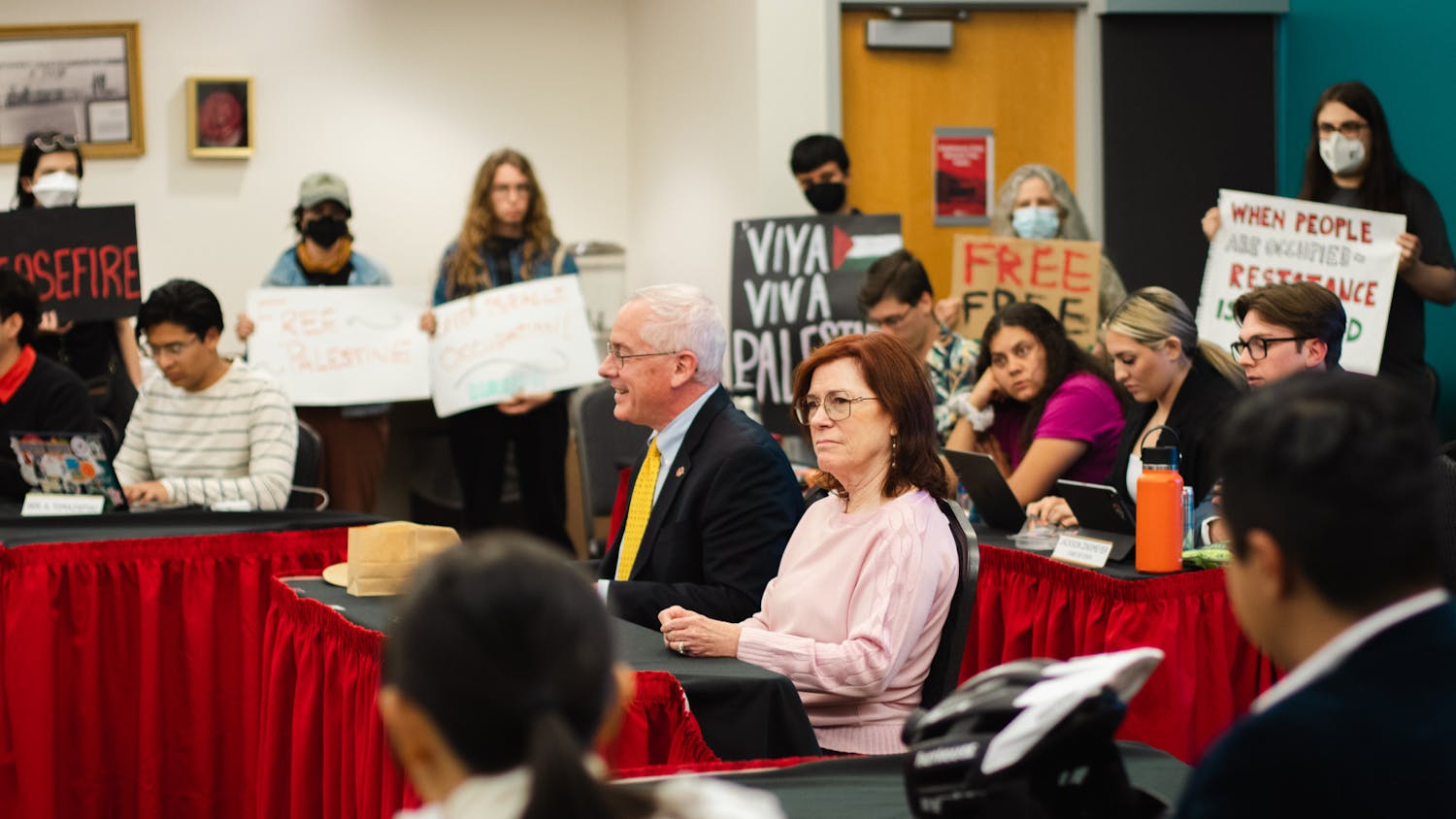For many at the University of New Mexico using LoboMail, spam emails come with the territory.
For Eden Vigil, a UNM senior, spam means “non-stop” emails asking for passwords or soliciting jobs. She receives as many as two emails daily. Often, the senders claim to be from UNM’s “IT Desk,” she said.
Vigil is not alone.
Though only five percent of the millions of daily spam emails make their way to student inboxes, the effect of spam is widespread.
In fact, new students entering the University are taught to look out for them.
That was Diego Cortez’s experience, at least. Cortez, a freshman this year, said he was told to keep an eye out for suspicious emails.
“At orientation, they told us to look out for them,” he said, adding that he receives one or two spam emails every day.
The large number of spam emails haven’t gone unnoticed by UNM administration.
Duane Arruti, UNM’s Chief Information Officer, said systems are in place to track how many suspicious emails are ending up in inboxes every day. The majority are caught by UNM filters and kept out of inboxes.
Stephen Spence, manager of the Collaborative Applications Team for UNM’s IT Department, said the best way to help stop spam emails from slipping through University filters is to send them to spamdrop@unm.edu.
Doing that, Spence said, helps update filtering policies and leads to less spam in user inboxes.
Vigil said she typically doesn’t take the time to send the emails along. In fact, she often doesn’t even open the message.
Get content from The Daily Lobo delivered to your inbox
“If I don’t click on it and just delete it, they can’t get any info on me,” she said.
Administrators support Vigil’s approach.
“If someone responds to a job solicitation with just a name and email address, the first interaction typically confirms that they’ve reached a valid email address belonging to a person who is willing to respond,” Arruti said.
After the first contact, the sender will often ask for more sensitive information like social security numbers, bank account numbers or credit card details.
Even responding to a suspicious honor society could be the first point of contact for spammers, he said.
“Limit using your LoboMail address to official or school-related uses,” Arruti advised students seeking relief from spam email barrage.
He and his department have worked to change the UNM directory to make it harder for non-UNM affiliates to gather student and faculty information.
Currently, email information is available online at directory.unm.edu.
In addition to using the directory, spammers can have scripts that simply send messages to deviations of common names — such as agarcia, bgarcia, cgarcia.
To address this, Arruti said efforts have been made to automatically block known malicious or phishing websites.
Phishing is a more serious form of spam wherein the sender is trying to obtain sensitive information. Often, senders have recipients follow a link to an official-looking website, created to lure out the recipient’s login information.
Spence emphasized UNM IT will never ask for login information from students and that users should exercise caution when clicking unrecognized links and attachments in emails.
He also noted users who believe their information has been stolen should visit the IT website to find resources to mitigate the damage.
Brendon Gray is a beat reporter for the Daily Lobo. He can be contacted at news@dailylobo.com or on Twitter @notgraybrendon.





